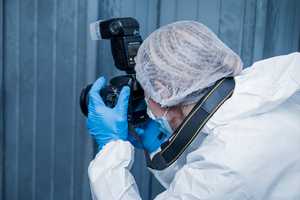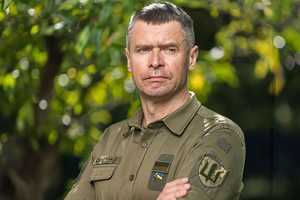Changi Airport provides international passengers and visitors with both flights and fancy features. It’s one of the largest transportation hubs in Asia and is one of the world’s most awarded airports. With his 400+ team members, University of Wolverhampton alumnus Alvin Lee is responsible for protecting everyone who visits.
As the Chief of Airport Emergency Service, University of Wolverhampton alum Alvin Lee, along with his 400+ team members, is responsible for protecting everyone who visits the Changi Airport, Seletar Airport, and the air force bases on the small island country of Singapore.
However, he is assisted by his two commanders: one overseeing civil (Changi and Seletar airports) and the other overseeing military operations. Alvin would be required to take on a crisis role in the event of a major incident.
He says: “The worst thing that can happen is an air crash and, touch wood, fortunately for me I’ve only had to deal with one, which happened during the air show two years ago. The Korean aerobatics team was going to do their display, but upon taking off, one of the planes flipped over, crashed, and burst into flames.
“Fortunately for us we were on standby, and we managed to very quickly get to the plane and put out the fire. The pilot managed to crawl out from the cockpit so there were no fatalities there."
Incidents like this are rare, but Alvin and his teams are highly trained and ready to respond quickly at any time.
Alvin continues: “Of course, a fire on an aircraft is potentially catastrophic because if it is not contained within 3 minutes, there’s a good chance that it will burn through the fuselage and kill everyone inside.
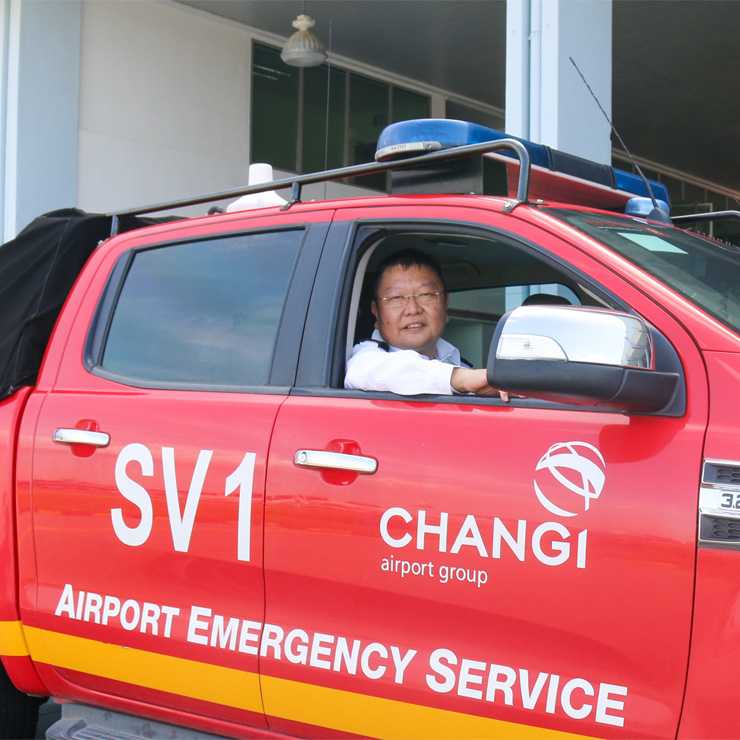
“One aspect of the ICAO (International Civil Aviation Organisation) regulations is that each airport emergency service must be able to reach the end of their furthest runway within 3 minutes. However, best practice is 2 minutes, and that’s why at Changi Airport we have adopted the 2-minute standard. So at any one time, should there be an incident on either end of the runway, we have 2 minutes to get there, and 1 minute to put the fire out.”
At any one time, should there be an incident on either end of the runway, we have 2 minutes to get there, and 1 minute to put the fire out.
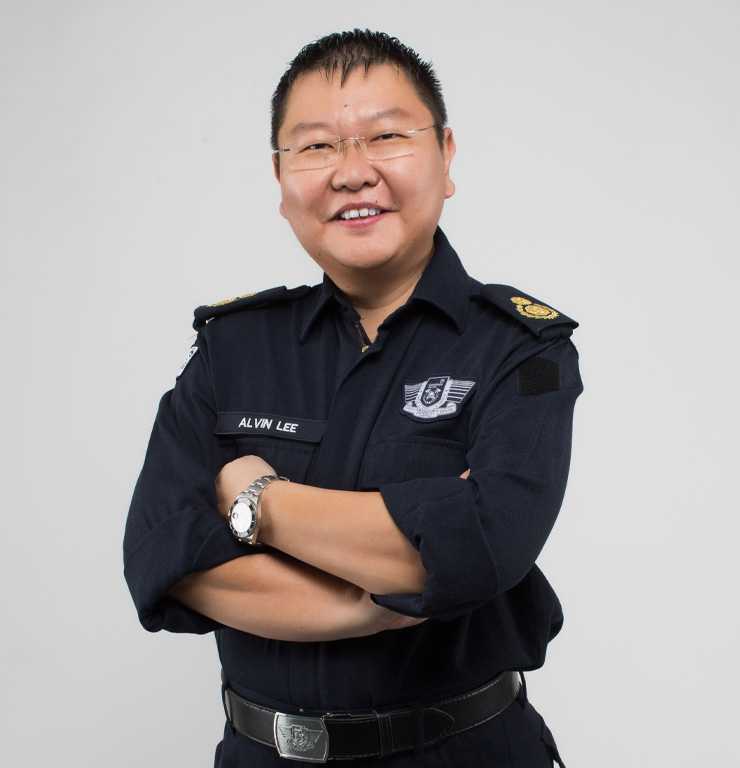
Stating things plainly, Alvin adds: “In this role, people can die if you mess up.”
Alvin studied Law in Kuala Lumpur, under Holborn Law tutors representing the University of Wolverhampton. While assisting at a lawyer friend’s law firm around this time, he realised that he wasn’t interested in aspects of law such as accident claims, bills, and probate – he was passionate about criminal law.
He says: “If you really want to make a difference in ensuring that justice is served, it is not at the end stage when the case goes to court. I felt that if you want to fight for justice, it should be upstream at the stage of investigation. That’s when I thought that joining the police force would be the best way for me to ensure that justice is served.
“It sounds very naïve when I say it now and when I think about it, but I still believe it!”
A career in the police force in Singapore is a varied experience, despite the country’s small size and low crime rates. Alvin’s 15-year stint saw him covering a wide range of roles in investigations, operations and planning where he was exposed to cases of drunken violence, loan sharking, civil disobedience, robberies gone wrong, and even minor hostage situations. Starting as a police investigator, Alvin soon found himself drawn to being trained in police interview techniques by the US Federal Law Enforcement Training Centre (FLETC) and other law enforcement agencies. In addition, Alvin was also a crisis negotiator and trained with Scotland Yard, the FBI and the Canadian Mounties at the Canadian Police College.
Alvin says: “During my time with the police, a big problem here in Singapore was illegal money-lending. People would borrow from loan sharks and then when they didn’t pay back in time, they would have their homes messed up, be threatened, and there were even cases where they had kerosene poured under their door and set on fire.”
In the planning and organisation role, Alvin and his colleagues were required to consider how policing was likely to change over the next decade and define how best to prepare. They were influenced by UK policing in this regard, which led to the installation of more CCTV cameras to help prevent crime and prosecute lawbreakers.
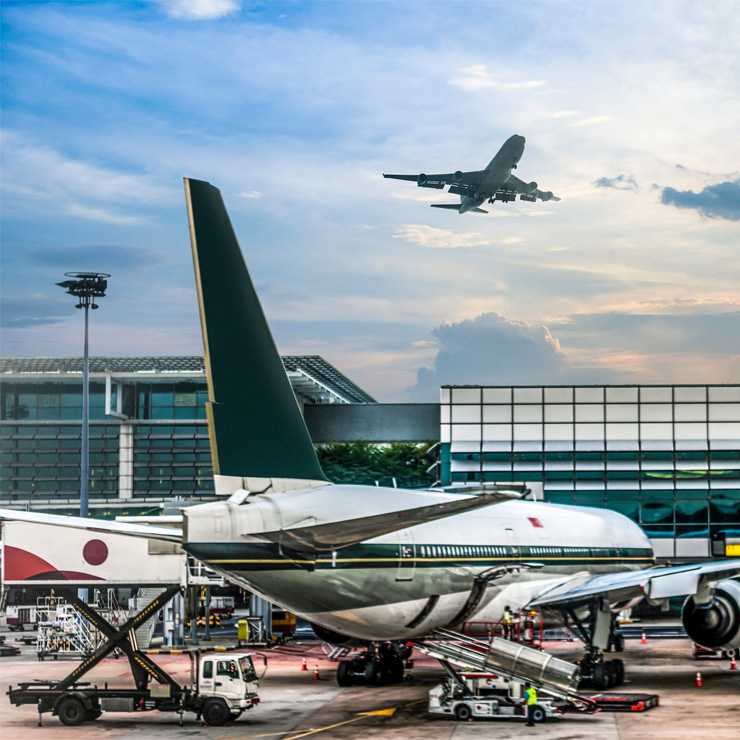
It was this role that led him to being headhunted for his current Chief of Airport Emergency Service role, as the experience of planning for future change ensured his effectiveness for safeguarding Singapore’s airports and air bases. His hard-earned skills are especially beneficial considering Changi Airport’s position as both a travel hub and tourist attraction.
He explains: “Our main focus is aircraft rescue and firefighting, but we are also first responders, should there be any incidents in the terminal building.”

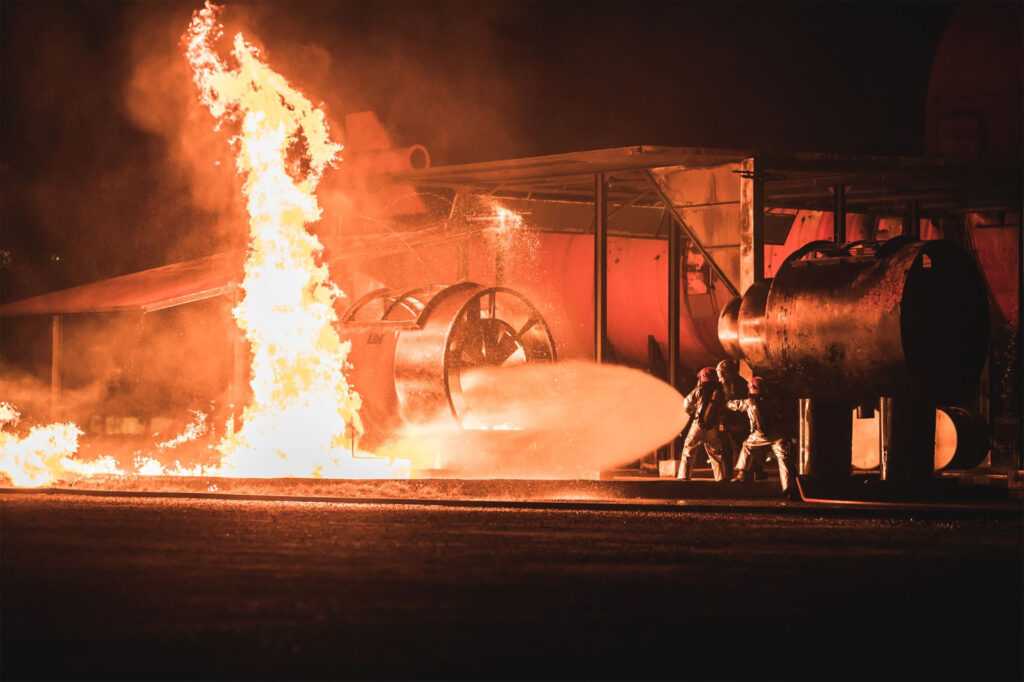
Changi Airport’s stunning attractions and features mean that it presents additional challenges for Alvin and his team. The area of the airport known as Jewel contains a lush rainforest area, as well as the beautiful Rain Vortex waterfall which plunges several storeys down to the floor. Alvin says that to do his job well he has to be “very morbid” – and consider worst-case scenarios.
Although his position involves high-pressure stakes, Alvin relishes the role, and describes the way that Changi Airport Group encourages a feeling of pride among its employees. One example he gave is when the airport receives a major international recognition or award, the company offers incentives for staff to go on team bonding activities together locally or even overseas, which increases the sense that it isn’t just a company but also a family.
Using Jewel Changi Airport as a prime example, Alvin’s own pride is crystal clear: “Nobody would think that a former car park could be turned into this ten storeys of wonder. It’s not like any other airport – it’s like a little amusement park.”
In this role, people can die if you mess up.








